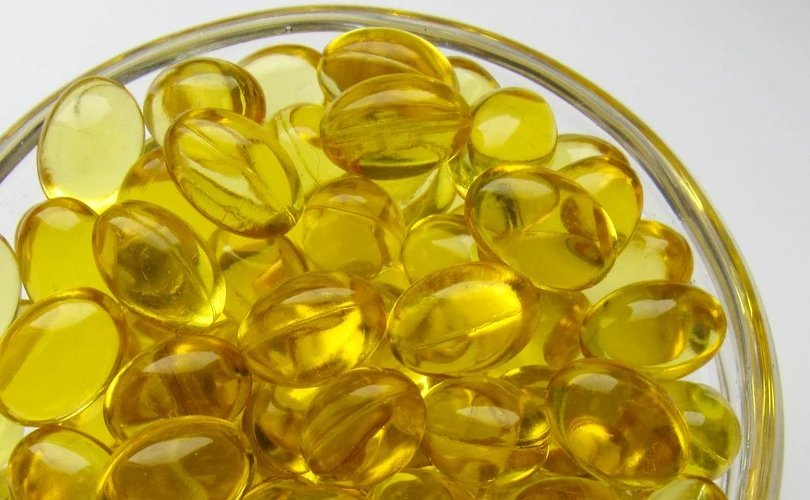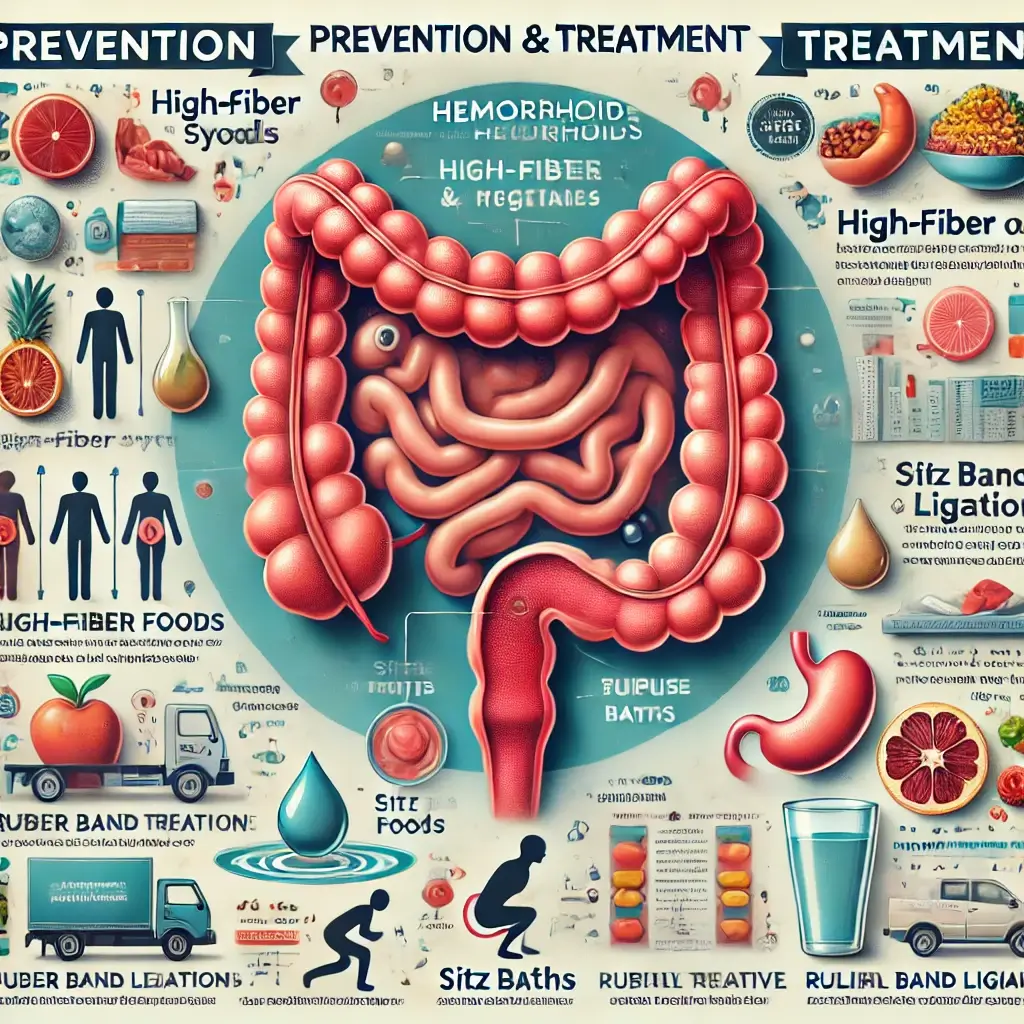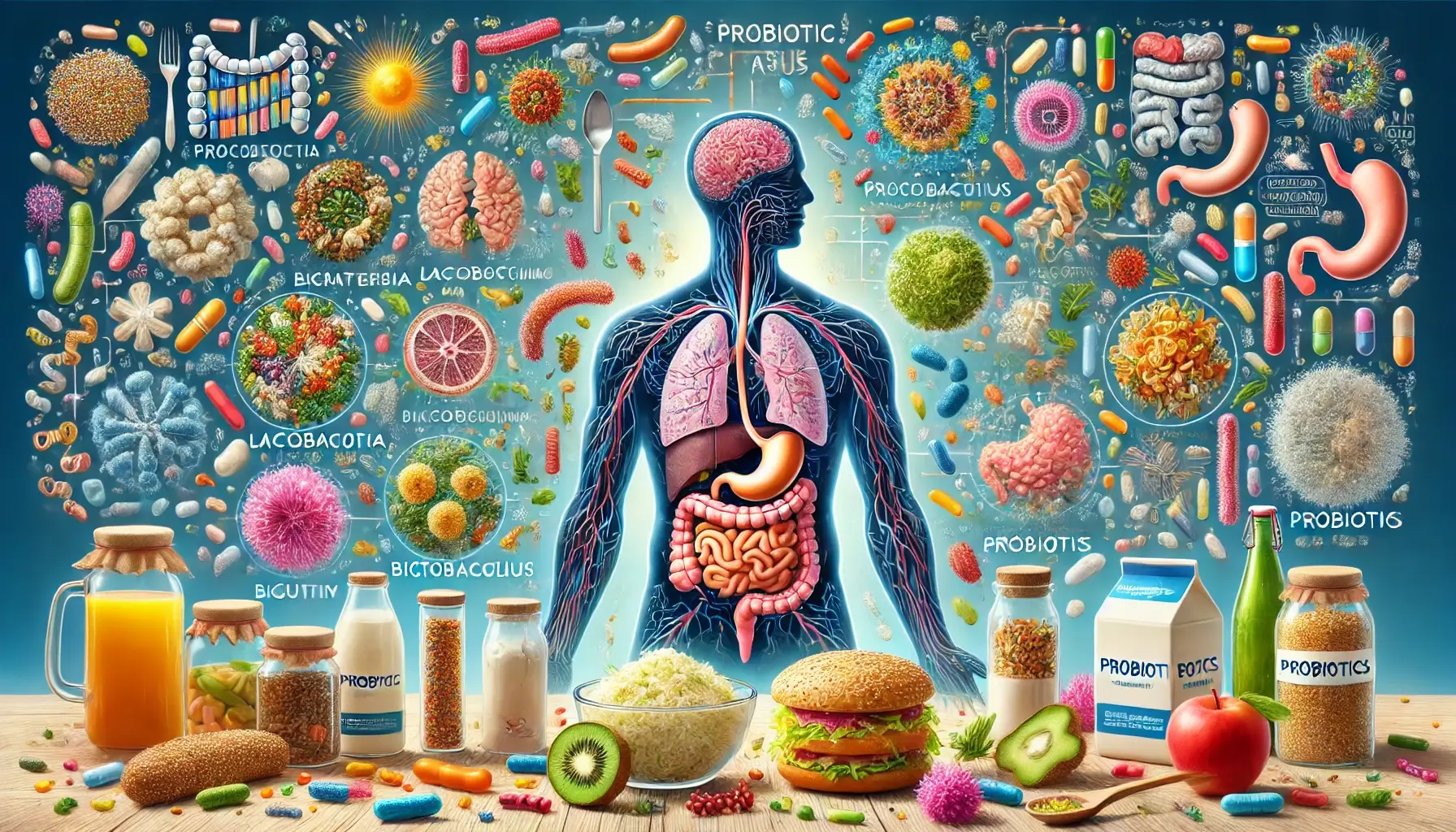Treat Inflammatory Bowel Disease with Vitamin D
IBD, or inflammatory bowel disease, is a long-term disease that makes the digestive tract swell and hurt. Colitis and Crohn’s disease are the two main types of IBD. Experts need to understand what causes IBD entirely, but they think it has something to do with genes, the surroundings, and the immune system.
Vitamin D is a fat-soluble vitamin that is important for bone health, immune system function, and cell growth, among other things. People with inflammatory bowel disease (IBD) often do not get enough vitamin D. Studies have shown that extra vitamin D may help improve symptoms and lower the risk of problems.
Less inflammation may be one of the main ways vitamin D may help people with IBD. Vitamin D helps control the production of pro-inflammatory cytokines, signaling molecules that happen during the start and spread of IBD.
Vitamin D may also help the gut lining do its job as a barrier better. It keeps dangerous things from getting into the bloodstream through the intestinal mucosa and the stomach lining. Tight junction proteins help keep the gut mucosa healthy. Vitamin D helps the body make more of these proteins. Vitamin D may help keep the immune system in check and encourage good gut bacteria growth, reducing inflammation and protecting the barrier.
Cutting down on inflammation is one way that vitamin D may help people with IBD. It is typical for the body’s immune system to react to damage or infection with inflammation. But in IBD, the immune system hits good cells in the digestive tract by accident, which causes inflammation that lasts for a long time.
Vitamin D helps control the production of pro-inflammatory cytokines, signaling molecules that happen during the start and spread of IBD. Immune cells make these cytokines, making the stomach system swell up. Because vitamin D lowers the production of these cytokines, it can help to lower inflammation in the gut.
Healing Benefits
Besides reducing inflammation, vitamin D helps strengthen the barrier between the gut and the rest of the body. The gut barrier is a layer of cells that lines the digestive system and keeps dangerous things from getting into the body. When someone has IBD, the barrier in their gut can get weaker, letting bacteria and other hazardous stuff into their body and causing inflammation. There is evidence that vitamin D can help strengthen the gut barrier. This can help lower inflammation and make IBD symptoms better.
Several studies have shown that taking extra vitamin D may help people with IBD. One study, for instance, found that giving people with ulcerative colitis extra vitamin D lowered their chance of return. In a different study, people with Crohn’s disease who took extra vitamin D had better symptoms.
Daily IU
People should get 600 IU (international units) of vitamin D daily. However, people with IBD might need more vitamin D to get the amount they need. You should talk to your doctor about how much vitamin D you should take.
Taking extra vitamin D is usually safe for most people. However, it is essential to know that taking too much vitamin D can have side effects like feeling sick, throwing up, or being unable to go to the bathroom.













